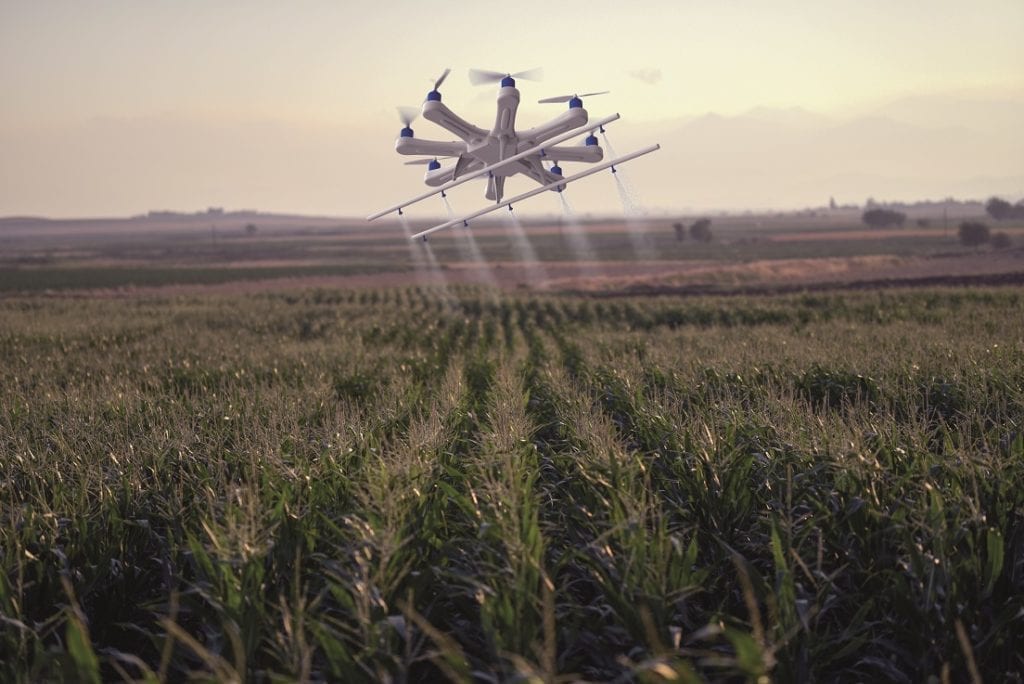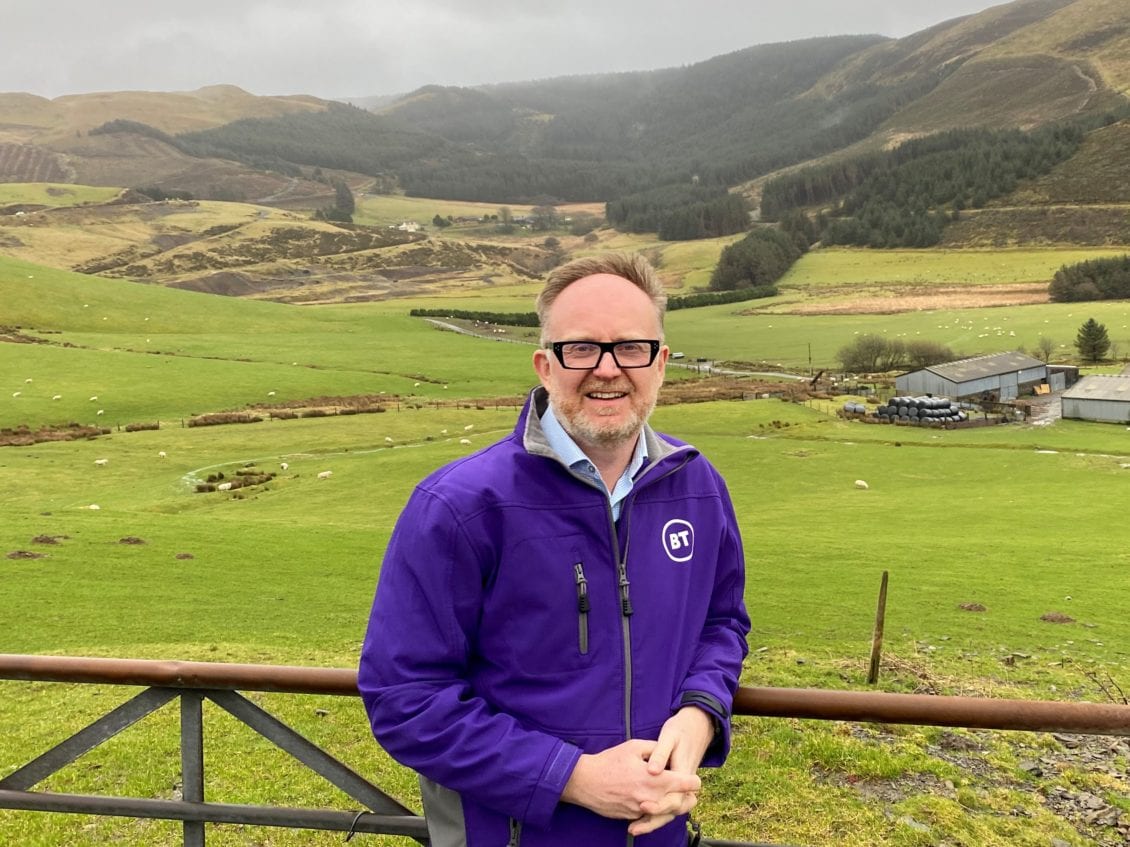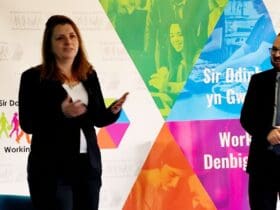The use of smart and connected technology has the potential to boost rural communities, according to a new report published this week.
Focusing on the agriculture and tourism sectors in rural Wales, rapidly growing technology such as “internet of things” (IOT) – internet-connected devices – could help these areas thrive in future, according to the report.
But, the study, commissioned by BT, says that this will only happen if ‘early adopters’ and champions of the new technology are supported, and there is continued investment in the availability of high speed broadband and mobile in rural areas.
For agriculture, the report highlights how solutions such as sensors and devices connected to networks are already being trialled in Wales to show how farmers can remotely track and manage their stock, helping to reduce costs and increase efficiency.
The tourism and hospitality industry has also seen a revolution in the use of digital technology in recent years, with smartphones, mapping services and augmented reality apps transforming the way visitors engage with tourist locations. The report highlights the tourism businesses using new technologies to help them work smarter and adapt to rising consumer expectations.


Agriculture and tourism organisations and businesses highlighted in the report include:
- Fferm Glynllifon, Caernarfon (Grŵp Llandrillo Menai College): Using LoRaWAN wireless technology – a way of linking sensor devices and applications together over a network – they are using cutting-edge sensors to remotely monitor things such as fridge temperature where vaccines are stored, contact sensors monitoring gates and cattle grids, and a tracking device installed on a ram to monitor its movement and whereabouts.
- Town wi-fi and analytics, Aberteifi (Cardigan): Cardigan’s wi-fi scheme provides free web connectivity at strategic points throughout the town centre. Data from the wi-fi app measure visitor footfall, provide information on where visitors are from and how long they stay and whether measures like free parking make a difference to numbers.
- Dioni Holiday Cottages, Snowdonia: The company has adopted various cloud-based systems, allowing staff to work remotely from connected devices. They can access their online booking system, web design software and they have plans to develop an app that will allow tourists to plot a route through Wales that is tailored to their preferences.
Rhodri Owen, Manager of Glynllifon college farm near Caernarfon, one of the case studies highlighted in the report, said: “It’s one of the biggest opportunities we have to make farms more efficient, safer and healthier.
“The data generated from these sensors will allow farmers to make better decisions quicker. I really hope to see more farmers getting involved in developing high-value applications in the future, as the agri-tech scene is booming in many parts of the world at the moment.
“A surprising benefit is that technology has made work on the farm more interesting. We are now able to measure and monitor things that we never dreamt of being able to commercially 10 years ago.”
Nick Speed, BT Group’s director in Wales, said: “Connected, smart technology could offer real benefits to rural communities in future. It has the potential to help rural economies grow and encourage young people to stay in these areas.
“This technology is developing quickly and it’s pleasing that a lot of the cutting edge rural solutions are being trialled and developed here in Wales. But there are clear challenges to the growth of this technology in rural sectors, including the initial investment needed by businesses and how quickly the gap between rural and urban broadband and mobile connectivity can be closed.
“What we heard from many in rural sectors is that ‘it’s not relevant to my business’ or ‘I just don’t have the time’. Or ‘what will be the return on our investment?’. One of the report’s clear recommendations is to work together to improve digital skills in rural sectors and to help champion those trailblazers already doing amazing things. At BT we’re continuing to invest in rural connectivity, but it’s equally vital to see wider investment in rural innovation and infrastructure.”
BT Group has committed to working with governments to help close the divide between rural and urban areas in terms of the adoption of superfast broadband and good mobile coverage. Earlier this year, it announced a £12 billion investment to enable Openreach to bring full fibre broadband to more than 20 million premises right across the UK, with a focus on rural areas, by the mid-to-late-2020s.









Leave a Reply
View Comments